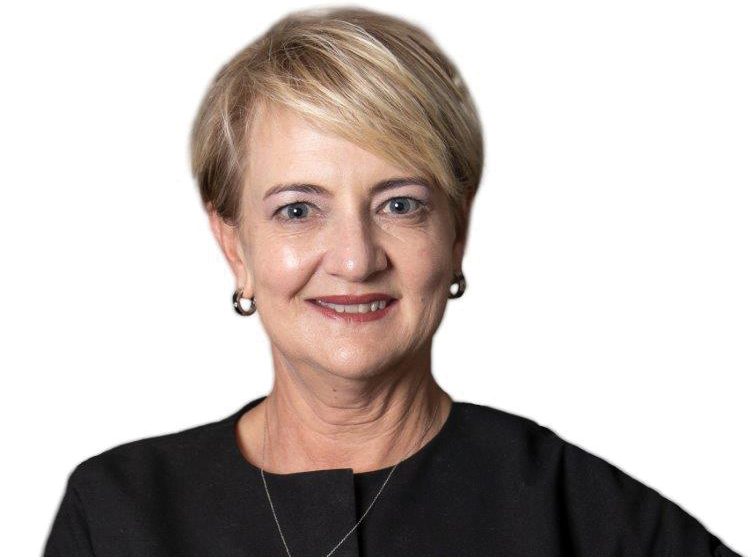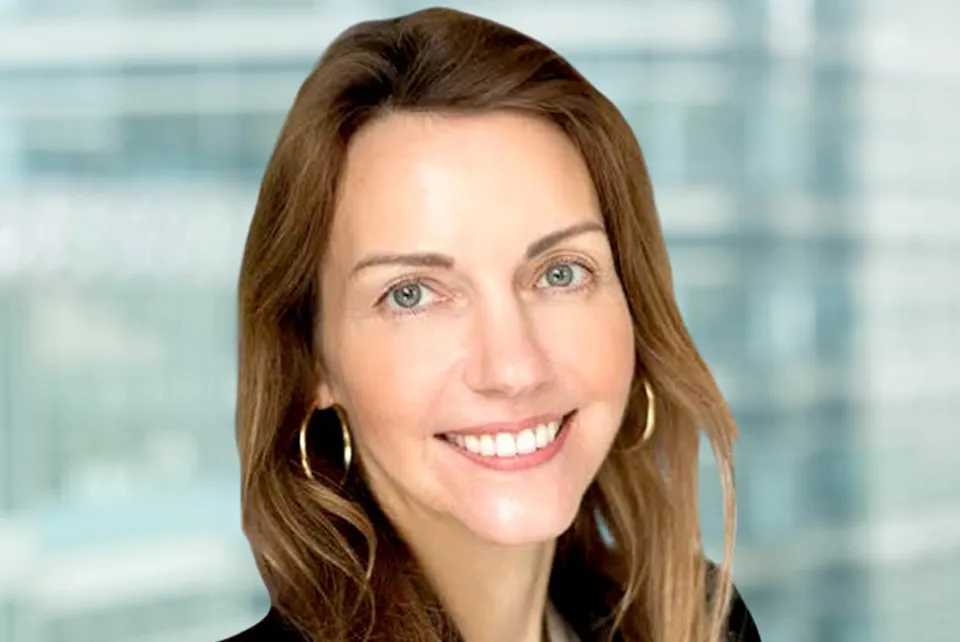This year, Euromoney recognizes the efforts of DBS to elevate its own corporate responsibility framework and set regional standards for its peers, while influencing its clients and other stakeholders on good governance.
This is despite the fact that the bank has been in the media spotlight for all the wrong reasons recently, after the Monetary Authority of Singapore reprimanded it following the latest 10-hour long outage of its digital services.
The bank’s technical challenges this year have not, however, detracted from the considerable efforts it has made to show that corporate responsibility goes beyond banking services.
DBS is present in 19 markets in Asia and has embedded corporate responsibility principles in its group-level sustainability strategy. Responsible business practice is a core pillar of this strategy.
Shortlisted
- Bank of America
- Societe Generale
“We see sustainability as an active value driver, allowing us to seize new business opportunities and to manage ESG [environmental, social and governance] risks as part of our licence to operate,” says Helge Muenkel, chief sustainability officer at DBS. “This enables us to generate financial returns, while delivering on our responsibility to society at large.”
At the centre of its strategy is the DBS Foundation, which received a further S$100 million ($74 million) in funding from the bank’s board in 2022. The foundation launched a Community Impact Chapter last year to equip the underserved with digital and financial literacy skills and to create programmes to ensure food security and resilience.
“DBS Foundation’s new Community Impact Chapter focuses on future-ready skills such as digital and financial literacy, as well as reducing food waste and strengthening food security for underprivileged communities,” explains Muenkel.

Food has become a core focus for the group. Since 2020, DBS has been running a Towards Zero Food Waste initiative that seeks to create sustainable impacts by spurring change in mindsets and behaviours. In 2022, it crossed the 1,000-tonne mark in terms of annual food impact – excess food redistributed and food waste reduced and recycled – almost double the amount of 2021.
Originally founded as Singapore’s industrial development bank, serving communities has always been part of DBS’s ethos. But in the last 12 months, it has doubled down on efforts to drive community engagement, focusing on the underserved.
“We have strengthened our community impact, focusing on the under-banked, on small business lending, microfinance initiatives,” says Muenkel.
This effort is highlighted in the group’s small and medium-sized enterprise lending activities. In 2022, DBS approved over 5,000 loans, totalling S$900 million, to SMEs in Singapore, in the form of temporary bridging loans and enhanced working capital loans. Over 98% of the loans were granted to micro and small businesses.
“We also have a flagship DBS grant programme that supports businesses with their startup journey,” says Muenkel.
Last year, the bank launched a new grant category to support SMEs looking to kick start their transformation journey. In total, the programme awarded S$3 million to 23 grant awardees across Asia.
We see sustainability as an active value driver, allowing us to seize new business opportunities and to manage ESG risks as part of our licence to operate
Helge Muenkel
Through its retail and mobile banking activities DBS Bank has expanded its reach to low-income individuals and groups typically excluded from traditional banking. DBS subsidiary POSB is currently the only bank in Singapore that works with the ministry of manpower to offer bank accounts as part of the work-pass issuance process for work-permit holders, both domestic and migrant.
The bank has a 76% market share of the overall work-permit holder accounts, while the number of accounts opened in 2022 grew 22% year on year.
DBS has also been formalizing a group strategy on diversity and inclusion. It has published a diversity, equity and inclusion policy to complement its existing board diversity policy and code of conduct. The policy covers remuneration, resource management, learning and talent development.
In addition, the bank has developed a number of training resources for its staff. DBS launched iGrow in 2022, a personalized career coach for every DBS employee.
“We have also developed training on unconscious bias to offer to all our staff,” adds Muenkel.
DBS has also made considerable efforts to bring its own operations in line with its responsible banking objectives. In July 2022, the lender moved into the newly refurbished DBS Newton Green, Singapore’s first net-zero bank building, a milestone in the bank’s journey towards achieving net-zero operational carbon by the end of the year.
DBS also worked with a supplier to pilot an electric shuttle-bus service for its new home.







